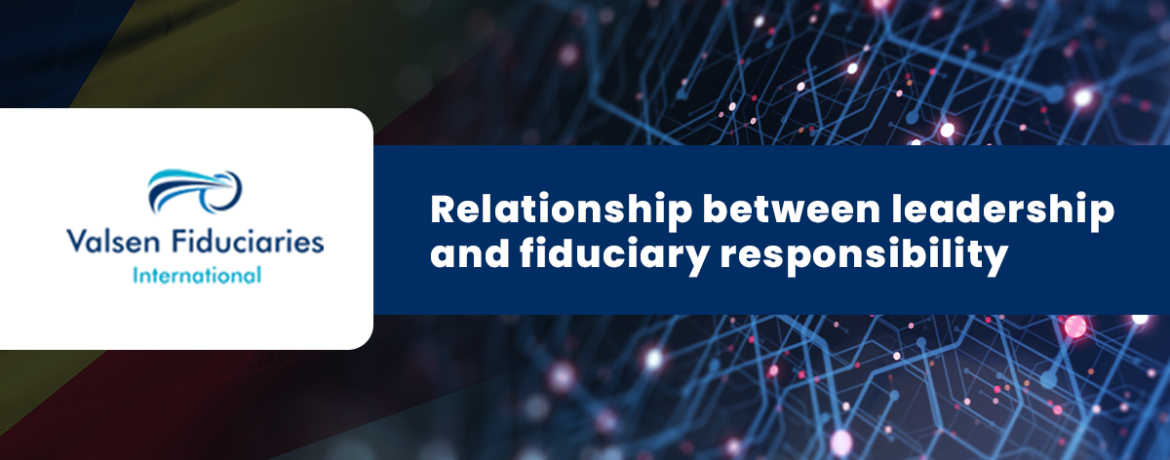
Relationship between leadership and fiduciary responsibility
Preliminary research results show that there is a strong correlation between genuine leaders and authentic fiduciaries.
For the last 14 years, the Centre for Board Certified Fiduciaries has studied the relationship between leadership behaviours and fiduciary responsibility. The research has been focused on one question: Do exemplary fiduciaries demonstrate the same behaviours as distinguished leaders? And the answer can be summarised consequently: It appears so.
More work is needed to validate the research psychometrically, but preliminary conclusions indicate a strong relationship between authentic fiduciaries and genuine leaders.
We’re basing our studies on innovative peer-reviewed research published in the new field of neuro-leadership. This work was conducted by Dr. Sean Hannah and his research associates, Dr. David Waldman, Dr. Pierre Balthazard, Dr. Robert Thatcher and others. (In the interest of full disclosure, Dr. Hannah, who is a tenured research professor at Wake Forest University, is also one of the founders of the new Centre for Board Certified Fiduciaries.)
We are learning to harness the power of neuroscience in order to increase our knowledge of what constitutes an exemplary fiduciary responsibility. Such a discernment is essential to the development and training of the more than 17.5 million women and men who serve in the field of investment fiduciary. Have you ever heard of a ‘lay fiduciary’? There are 17.5 million of them.
The identification of six neurological markers — hot spots in the brain — is central to the research in neuro-leadership, that characterise an exemplary leader with fiduciary responsibility. These same six markers are now the basis for our studies in neuro-fiduciary.
The six markers are:
- Procedural justice: The capacity for ethical leadership, particularly your ability to set a fair, transparent and just process to resolve moral conflicts or to allocate limited resources.
- Vision/Inspiration: The capacity for leadership that is inspirational and your ability to define an appealing vision for the future. This, in turn, requires a sense of passion and purpose for that goal.
- Self-complexity: The ability to understand one’s own self within changing requirements and roles. This requires a capability to change and adapt your behaviours and thoughts to enact more appropriate responses to changing, ill-defined and evolving situations.
- Situational awareness: The capacity to: (a) perceive changes in one’s environment, (b) interpret changes to determine whether and how changes may affect objectives and goals, and (c) make predictions as to how changes may impact future events.
- Executive control: The capacity to resolve conflicts between an impulsive desire and adherence to a higher moral order.
- Social astuteness: Your capacity for: (a) social intelligence, (b) interpersonal influence, (c) networking ability and (d) sincerity.
The pandemic has reinforced the importance of neuro-fiduciary training. Four neurological markers, in particular, were seen to be critical success factors. Advisers who excelled during the crisis demonstrated a greater capacity for self-complexity, vision/inspiration, situational awareness and social astuteness.
The critical role of the fiduciary responsibility means that we need to train on much more than rules and regulations. Furthermore, whether advisers is subject to fiduciary status, or not, they will be far more successful if they focus more attention on developing their leadership behaviours
How Valsen Can Help with the relationship between leadership and fiduciary responsibility
The experienced staff of Valsen Fiduciaries Group our global network allow us to provide high-quality services in several jurisdictions. We are at your disposal to help you further understand the relationship between leadership and fiduciary responsibility. Please contact us through info@valsenfiduciaries.com or +248 2 525 217.

Leave A Comment